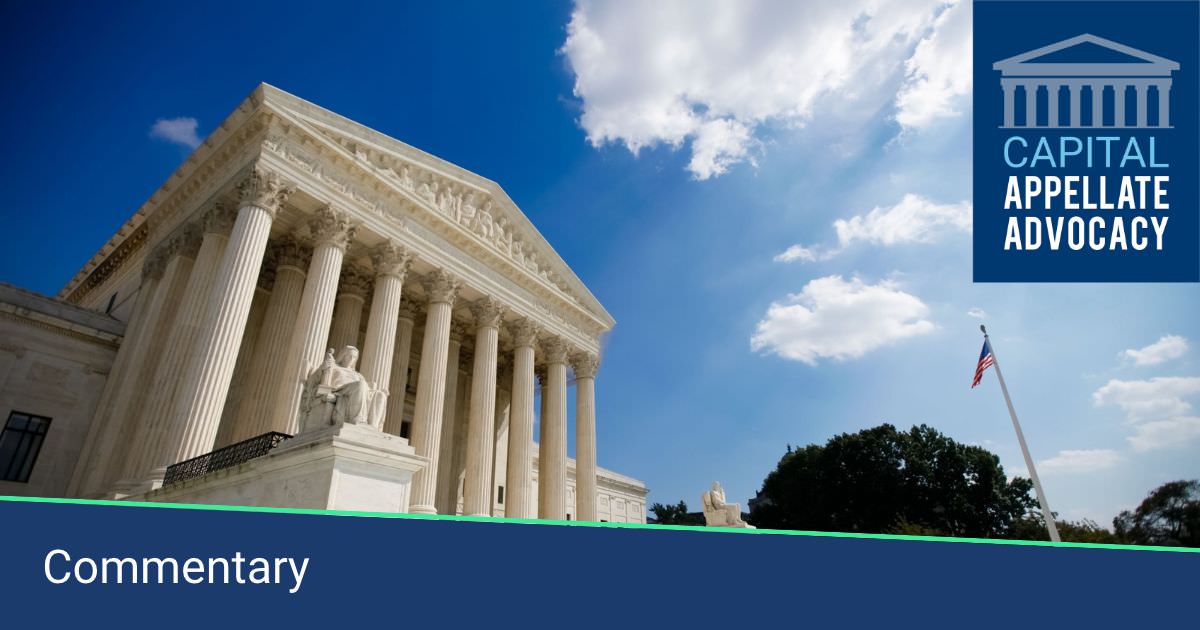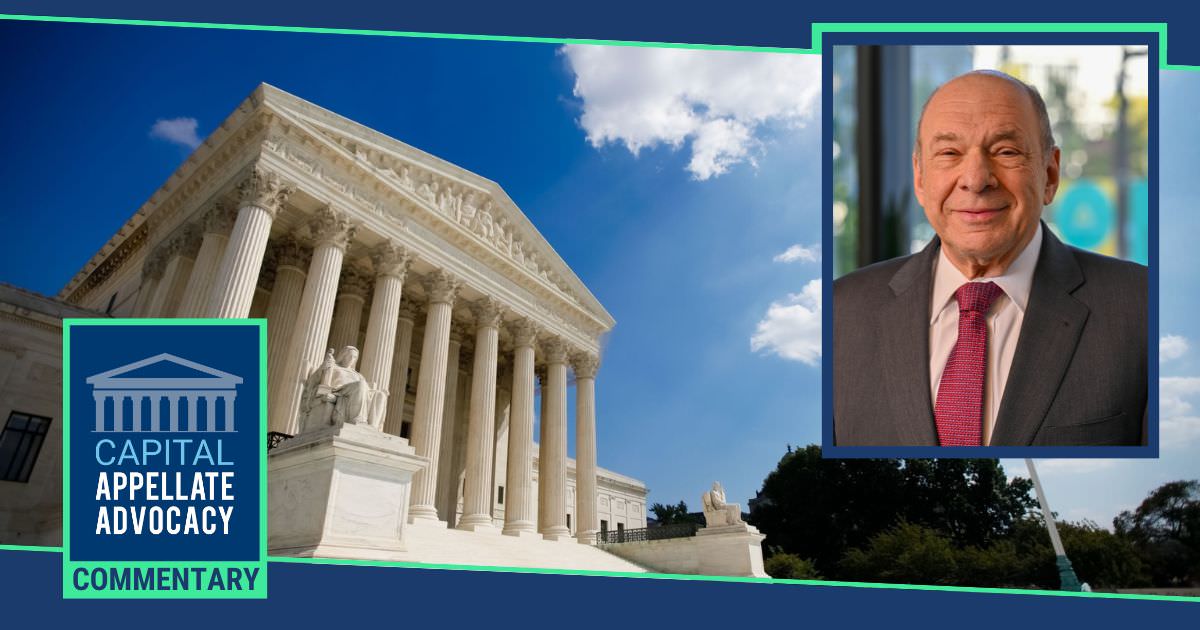Sweet Victory for Free Speech
San Francisco’s “Sugar-Sweetened Beverage Warning Ordinance” was too much to swallow even for the Ninth Circuit. On January 31 the court issued an en banc ruling requiring that the ordinance be preliminarily enjoined on the ground that its mandatory warning about the alleged health effects of sugary soft drinks chills commercial free speech, and thus, […]
Sweet Victory for Free Speech Read More »



